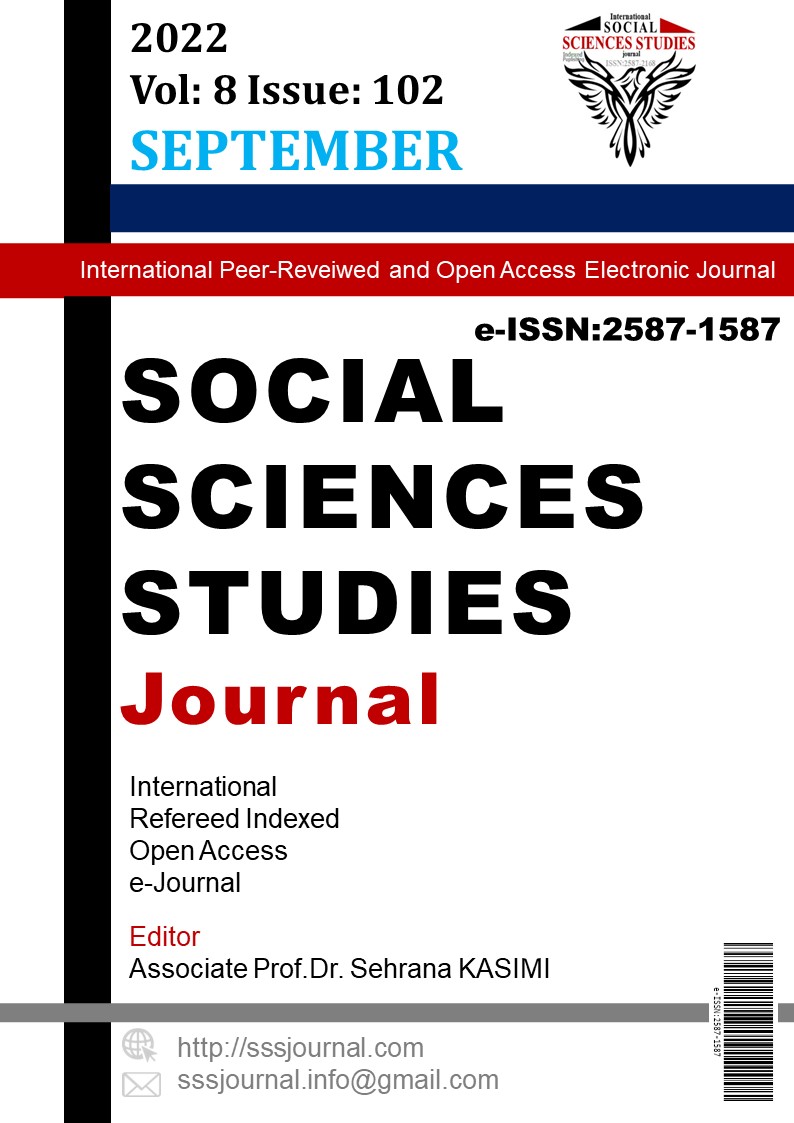Author :
Abstract
Ön lisans eğitimi veren Meslek Yüksekokulları, 4 yarıyıllık programlarının bir dönemini uygulamalı olarak yaptırmaktadırlar. Üçüncü veya dördüncü yarıyılda işyeri uygulaması yapan öğrenci, işyeri sorumluluklarını, işçi-işveren ilişkilerini, iş güvenliği sistemlerini ve yeni teknolojileri uygulamalı olarak öğrenecektir. Sakarya Üniversitesi Meslek Yüksekokulları İşyeri Uygulaması Eğitim Yönergesi'nde belirtildiği gibi öğrenciler, mesleklerini ilgilendiren iş yerlerinde, meslek uzmanlarının gözetiminde pratik uygulamalarını yaparken, mesleki becerilerini geliştirmelerinin yanı sıra ileriye yönelik istihdam imkânını da elde edebileceklerdir.
Uygulamalı derslerin temel amacı, öğrencilerin kapsamlı bir profesyonel yönetimi etkin bir şekilde yerine getirmek için kendi meslek görev ve rollerini öğrenme fırsatına sahip olmalarıdır. İşyerinin amaçları ve verilen hizmetler, öğrencinin işyerinde uygulamasına öncülük eder. Sakarya Üniversitesi Meslek Yüksekokulları, sanayi, sağlık, hizmet, turizm, gıda ve tarım sektörlerine nitelikli işgücü sağlamak amacıyla programlarını günümüz koşullarına uyarlayarak Türkiye'nin ilk 3+1 eğitim modelini geliştirmiştir. Projenin ana hedefi, 4 dönem üzerinden verilen eğitimlerin, 3 döneminin okulda teorik ve pratik eğitim, bir döneminin ise tamamen işletmelerde uygulamalı eğitim olarak düzenlenmesidir.
Araştırmada anket ve gözlem metodu kullanılmıştır. Çalışma; uygulamanın öğrenci, istihdam, sorumluluklar, organizasyon, üretim ve iş güvenliği, yeni teknolojiler ve işçi -işveren ilişkisi açısından değerlendirilmesine dayalıdır.
Keywords
Abstract
Vocational Schools providing associate degree education have one semester of their 4-semester programs applied. In the third or fourth semester, the student will learn workplace responsibilities, employee-employer relations, occupational safety systems and new technologies practically. As stated in the Sakarya University Vocational Schools Workplace Practice Training Directive, students will be able to develop their professional skills while making their practical applications under the supervision of professional experts in workplaces related to their profession, as well as obtaining employment opportunities for the future.
The main purpose of the applied courses is for students to have the opportunity to learn their professional duties and roles in order to effectively carry out a comprehensive professional management. The aims of the workplace and the needs of the services provided lead the student's practice in the workplace. Sakarya University Vocational Schools developed Turkey's first 3+1 education model by adapting their programs to today's conditions in order to provide qualified workforce to industry, health, service, tourism, food and agriculture sectors. The main goal of the project is to organize the training given over 4 terms, 3 terms as theoretical and practical training at school, and one term as applied training in enterprises.
Questionnaire and observation method were used in the research. Study is based on the evaluation of the application in terms of student, employment, responsibilities, organization, production and job security, new technologies and employee-employer relationship.
Keywords
- 2. 5857 Sayılı İş Kanunu, R. G. 10.6.2003 tarih ve Sayı: 25134.
- 3. Yıldırım, Neşide ve Yıldırım, Kazım (1997), Eğitim Sosyolojisi, Trakya Üniversitesi Eğitim Fakültesi Masaüstü Yayıncılık, Edirne.
